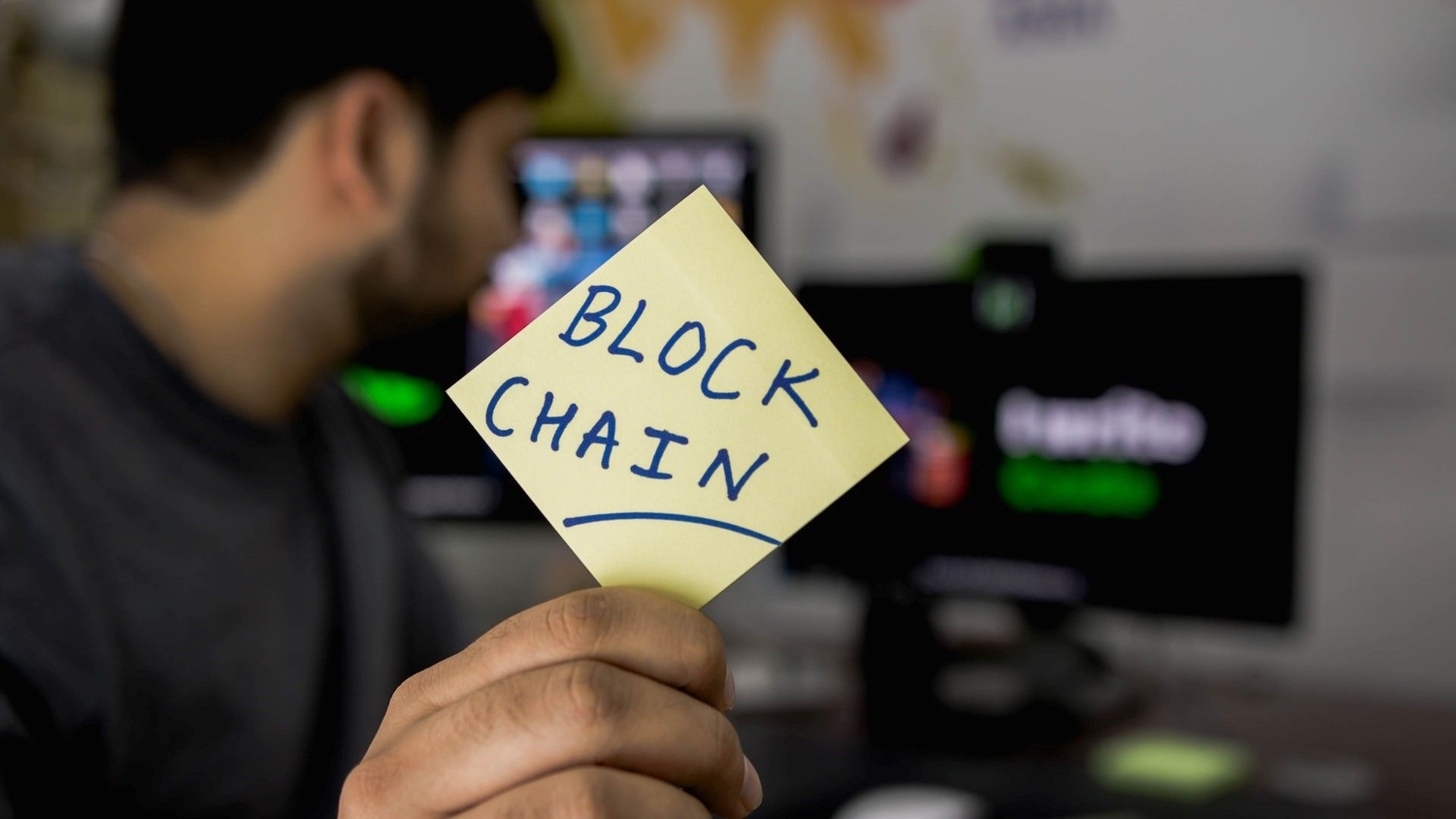The world of payments is constantly changing and evolving. With new technologies such as blockchain and artificial intelligence entering the mainstream, it is important to understand the science behind these modern payment methods. In this post, we will explore the basics of blockchain technology, the advantages, and disadvantages of blockchain, as well as frictionless payments.
What Is Blockchain Technology? Blockchain technology is quickly becoming a popular choice for payments. This revolutionary technology is changing the way we think about payments, and it has a lot of potential for both businesses and consumers, with the sports betting industry being the frontrunner. Additionally, sites like cryptogmblr.com explain how online sportsbooks and casinos have integrated this payment technology individually. Simply put, blockchain is a digital ledger of all transactions that have ever taken place.
This ledger is distributed among different computers so that it can’t be tampered with or changed. It’s essentially an unalterable record of everything that has happened. This makes blockchain a powerful tool for secure online transactions, eliminating the chance of fraud or mistakes. Advantages and Disadvantages of Blockchain There’s a lot of buzz around blockchain these days, and for a good reason. Blockchain is a cutting-edge technology with a lot of potential in the world of payments. Blockchain is essentially a digital ledger that is used to track transactions between two parties.
This ledger is tamper-proof, meaning that it can’t be modified or hacked without being detected. This makes it an excellent choice for recording financial transactions, as it provides security and trustworthiness that traditional payment methods simply can’t match. Another big advantage of blockchain technology is its ability to provide security and privacy for users. Because all information on the blockchain is publicly accessible, there’s no way for anyone to steal your data or falsify records without being detected. This makes blockchain an ideal choice for conducting sensitive transactions such as online banking or buying products online.
What’s more, it is decentralized, so users don’t have to trust any individual party with their data. It is immune to cyberattacks because transactions are encrypted before being sent out onto the network. While there are several advantages to using blockchain technology over traditional payment methods, there are also some drawbacks to be aware of. For one thing, blockchains aren’t always easy to use—especially if you’re not familiar with computer programming languages like Bitcoin or Ethereum. Also, blockchains are still in their early stages, which means they may not be suitable for all types of financial transactions.
Overall, blockchain technology has huge potential in the world of payments, especially given its security and privacy features. As we explore other modern payment systems, such as smart contracts and cryptocurrency, we’ll see how they’re implemented using this cutting-edge technology. Stay tuned! Frictionless Payments: The Future Payment is an essential part of daily life, and it’s important that the process be as frictionless as possible. Fortunately, modern payment methods like blockchain are helping to make this a reality.
Blockchain is a distributed database that allows for secure, fast transactions between parties without the need for third-party intermediaries. There are many benefits to using blockchain for payments. For example, it can reduce financial friction by eliminating the need for lengthy processing times or confirmation steps. This makes payments faster and easier for both consumers and businesses. In addition, blockchain technology has the potential to protect users’ data by ensuring that it’s never exposed to outside threats. As you can imagine, there are many applications for blockchain in the global economy.
Some of the most obvious applications involve global payments, such as sending money across borders quickly and easily without any fees or delays. However, there are endless possibilities for how this technology can be used in different industries. For example, identity verification could be completely automated using blockchain technology. This would help to safeguard consumers’ privacy while also reducing fraud rates across various industries.
Overall, blockchain is changing the way we think about payments, and its impact on the global economy is far-reaching and exciting. In Short Blockchain technology has the potential to revolutionize the payments industry and provide customers with a secure, seamless, and cost-effective way of making payments. Blockchain technology offers many advantages compared to traditional payment methods through its decentralization, transparency, immutability, and security features. Additionally, AI and machine learning technologies can further enhance the user experience by reducing payment fraud risks. Finally, frictionless payments offer an even more convenient way for customers to make purchases without worrying about transaction fees or waiting times.
Source : [The Science Behind Modern Payment Methods: Blockchain and More](news.google.com/__i/rss/rd/articles/CBMiYWh0dHBzOi8vbmV3c3dhdGNodHYuY29tLzIwMjIvMTIvMjIvdGhlLXNjaWVuY2UtYmVoaW5kLW1vZGVybi1wYXltZW50LW1ldGhvZHMtYmxvY2tjaGFpbi1hbmQtbW9yZS_SAQA?oc=5) undefined - December 23, 2022
